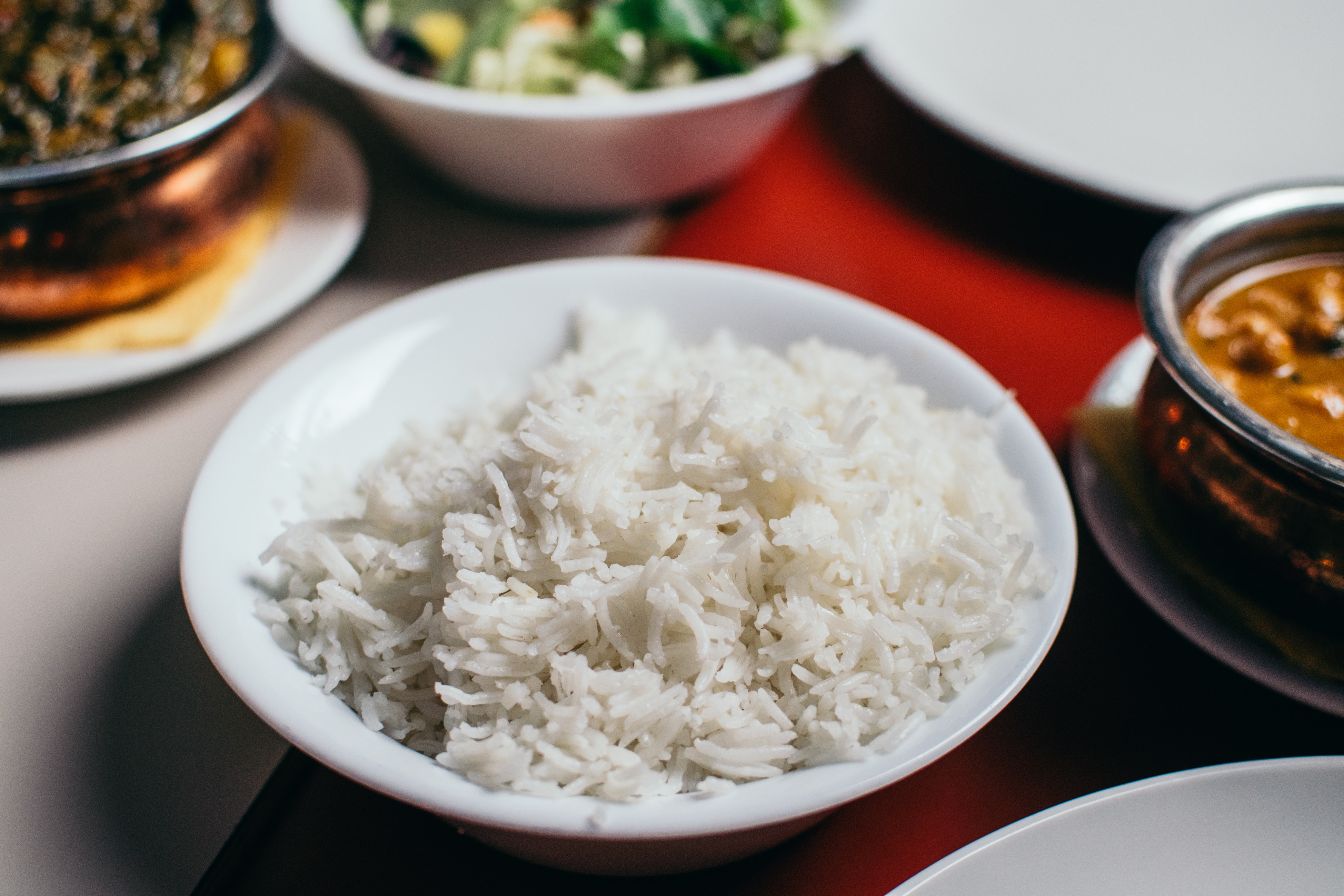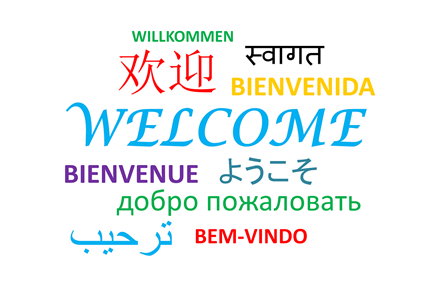Feeding the world in a time of conflict
NTU researchers highlight how public policies and perceptions can tackle food insecurity by driving regional cooperation and raising social awareness.

You may not think too much about the simple act of buying your daily latte, but a lot goes into that cup beyond just coffee beans and milk. In fact, that coffee involves a web of social and economic relationships often spanning the globe. From growing, transporting, processing, distributing and then finally preparing a food item, the process of feeding the world is a complex set of transactions.
Perhaps unsurprisingly, a complex system with so many moving parts is vulnerable to shocks and disruption. For example, the lockdowns and stay-at-home orders of the COVID-19 pandemic severely disrupted food supply chains and exposed the fragility of the global food system. The looming threats of climate change, geopolitical instability and the challenges of sustainability further threaten global food security – the availability of and access to sufficient, safe and nutritious food.
While innovations in science and technology have gone a long way towards sustainably increasing food supply, the social sciences also play a key role in tackling the multifaceted challenge of food security. In that regard, experts across NTU are working to examine how public policy decision-making and shifting public perceptions influence the adoption of solutions that enhance food security.
Strengthening geopolitical muscle
Much like the COVID-19 pandemic, global geopolitical tensions have disrupted food supply chains and driven food prices up. To keep food affordable for their citizens, some countries have restricted or banned the export of staple foods, further aggravating an already challenged food supply chain.
Such protectionist policies have amplified food security concerns in small resource-limited states that rely heavily on agricultural imports, such as Singapore. As geopolitical conflicts continue, urgent regional cooperation may be the solution to address this threat to food trade within the region, say researchers at NTU’s Centre for Non-Traditional Security Studies (NTS Centre) at the S. Rajaratnam School of International Studies (RSIS).
The Association of Southeast Asian Nations (ASEAN) should come together to collectively assess the regional mechanisms at their disposal, notes Prof Mely Caballero-Anthony, who also heads the NTS Centre, and Jose Ma. Luis P. Montesclaros, a research fellow in its food security group.
“The ASEAN Plus Three Emergency Rice Reserve (APTERR) is an example of countries working together to strengthen food security,” they stated in a recent RSIS commentary. “Under APTERR, ASEAN members pledge specific amounts of rice to the reserve, so that other countries can tap into it in times of dire need.”
According to Prof Paul Teng, adjunct senior fellow and food security adviser at the NTS Centre, small island states like Singapore that import most of their food are especially vulnerable to disruptions in food supply chains.
The researchers add that Singapore can offer valuable lessons on addressing food shortages, drawing on its preparation for crises such as COVID-19 disruptions.
“Singapore’s Rice Stockpile Scheme requires rice importers to store two months’ worth of supplies, mitigating the impact of disruptions in food supply in the event of a crisis,” Prof Caballero-Anthony and Montesclaros further explain.
An alternative solution
Besides policy decisions, Prof Caballero-Anthony and Montesclaros recommend that countries diversify their food sources so that they are not overly reliant on imports from any one country. Alternative food options such as plant-based or cultured meats are looking to be increasingly important sources of nutrition – as long as they can reach levels of public accessibility and acceptance.
At NTU’s Wee Kim Wee School of Communication and Information, Prof Shirley Ho seeks to identify and evaluate public opinion on such novel food technologies. Specifically, her work focuses on social norms to extract insights that can help inform the media and shape public attitudes toward alternative foods such as plant-based meats and nano-enabled products, food items that contain ingredients made using nanotechnology that improves their quality and shelf life.
Prof Ho has discovered that Singaporeans who are more eco-friendly and health-conscious tend to be more willing to pay a premium for plant-based meat. On the other hand, nano-enabled foods are perceived less favourably by the public as they are associated with genetically modified foods.
Prof Ho’s findings highlight the need for communicators to identify salient issues in the minds of the public and understand inherent attitudes before implementing campaigns to publicise novel foods. For instance, organisations could leverage credible news outlets to cover novel food technologies to raise awareness and reshape the public’s opinion on alternative foods.
Banding together to fight climate change
Another threat to food security is climate change. In recent years, changing climate patterns have greatly stressed agricultural food production. For instance, fires have devastated large swathes of farmlands in Australia, China and Europe. In Pakistan, severe flooding has destroyed billions of dollars’ worth of critical crops.
“Climate change requires nations and regions to embark on numerous initiatives for the environment, including ensuring food security,” says Assoc Prof Md Saidul Islam from NTU’s School of Social Sciences. “While there are prospects for regional cooperation and opportunities, competition for power and resources fragments the region, resulting in limited success for numerous initiatives.”
In the face of this uncertainty, Assoc Prof Islam offers some suggestions for long-term sustainability. He recommends that regional cooperation and frameworks for tackling climate change and food security should supersede individual national developmental trajectories.
Furthermore, regional organisations should move beyond mitigation and prevention to proactively engage global partners on climate change issues, while strengthening internal food production and regulating regional markets.
The article appeared first in NTU's research & innovation magazine Pushing Frontiers (issue #21, December 2022).


.tmb-listing.jpg?Culture=en&sfvrsn=ab6472c8_1)
.tmb-listing.jpg?Culture=en&sfvrsn=332749b0_1)

.tmb-listing.jpg?Culture=en&sfvrsn=c712bd4c_1)

